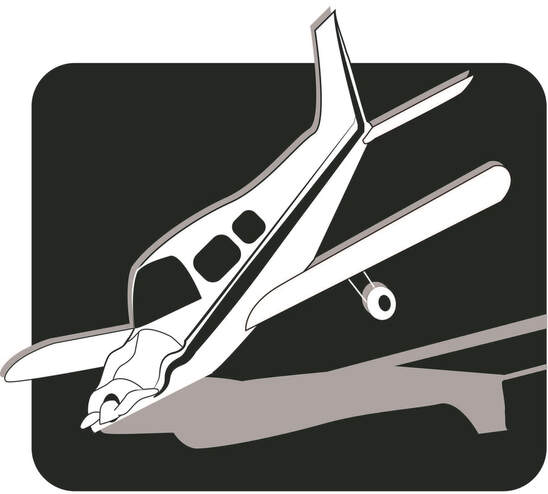THE CRASH
What goes up must come down. After experiencing that “ultimate high,” crashing sucks!
Common symptoms include:
Everything is dull; everyone is annoying. You may even feel that without speed there is no point to life. Biologically speaking, it makes sense. Your brain’s feel good chemicals are spent. All you can do now is aim for the softest possible landing.
Here are some tips to get you through the rough time:
What goes up must come down. After experiencing that “ultimate high,” crashing sucks!
Common symptoms include:
- Fatigue
- Depression
- Emotional/Physical Exhaustion
- Mood Swings
Everything is dull; everyone is annoying. You may even feel that without speed there is no point to life. Biologically speaking, it makes sense. Your brain’s feel good chemicals are spent. All you can do now is aim for the softest possible landing.
Here are some tips to get you through the rough time:
- Remember the symptoms of a crash are your body’s way of resetting-they will eventually pass.
- Give your body a break and don’t use more speed for a few days, consider taking a longer break, or quitting.
- Eat nutritious food (not junk food).
- Drink plenty of fluids (juice, water, chamomile tea).
- Take calcium-magnesium supplements (these will ease tension and anxiety).
- Find a safe place where you can chill out for a while; rest and sleep.
- Reach out to a trusted friend, family member, or support worker-let them know what you are going through, and ask for help (food, a place to rest, a shower).
- Avoid triggering situations and people.
- Find a peaceful place in nature where you can sit and relax.
- Consider talking to a councillor if the depression is overwhelming.
- Maybe now is the time for detox and treatment?
